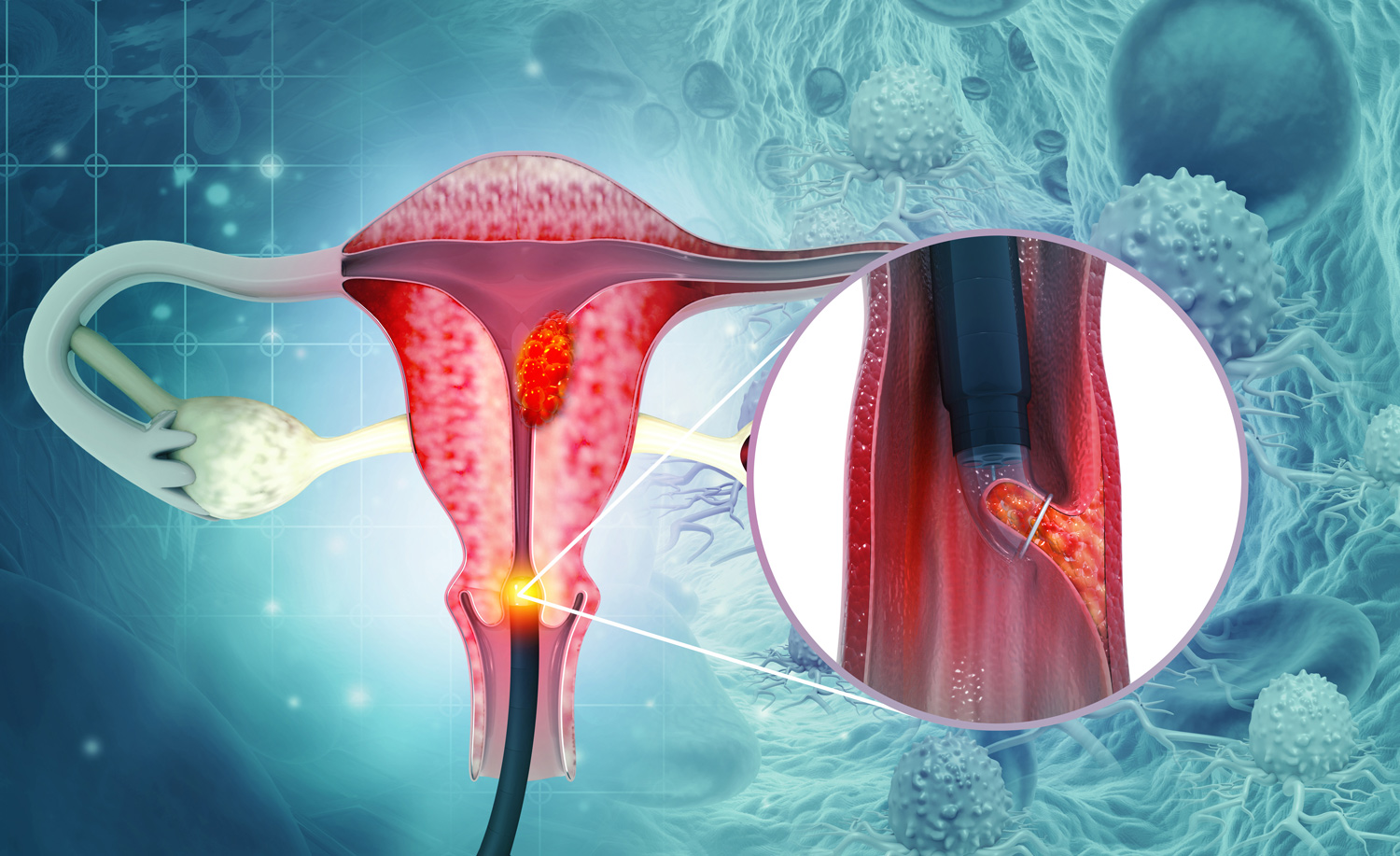
Manzanera Fertility Clinic has a surgical team specialising in women’s health.
Our clinic contains a SURGERY UNIT (Outpatient Surgery) equipped with the newest technology to help you.
With a variety of interventions, we can help to resolve the most common processes. Our professionals are experts in such non-invasive interventions as hysteroscopy and laparoscopy. We can perform many surgeries always attempting to do them in the least invasive way to achieve better results and quicker recovery.
Hysteroscopy
Revision of the uterine cavity
Hysteroscopy consists of visualising the uterine cavity by accessing it using a small camera. We can see whether the cavity has a normal shape and the entrance from the fallopian tubes to the uterus and diagnose different processes.
During the same intervention, we can remove polyps and fibroids, resect the uterine septum, and improve the shape of the uterine cavity (metroplasty). Millimetric clamps are always used in these procedures.
It is an intervention which can be performed under anaesthesia or without it depending on each case. The patient recovers quickly and can get back to normal life hours later or the following day.
Laparoscopy
Access to the abdominal cavity with a direct view of the uterus and the ovaries
We can access the abdominal cavity through tiny incisions measuring between 3 and 10 millimetres and check the internal female genital system: uterus, ovaries, tubes, etc.
CO2 gas is used to dilate the abdomen properly and have good visual access during the entire process which allows avoiding risks during the surgery. We have an augmented vision of all internal structures, and different pathologies can be found and treated.
The following gynaecological interventions can be performed:
- Resection of the ovarian cysts
- Adnexectomy (removal of the ovary)
- Myomectomy
- Hysterectomy
- Salpingectomy
- Endometriosis
- Treatment of pelvic infections
- Resection of uterine adhesions
- Fertility study

